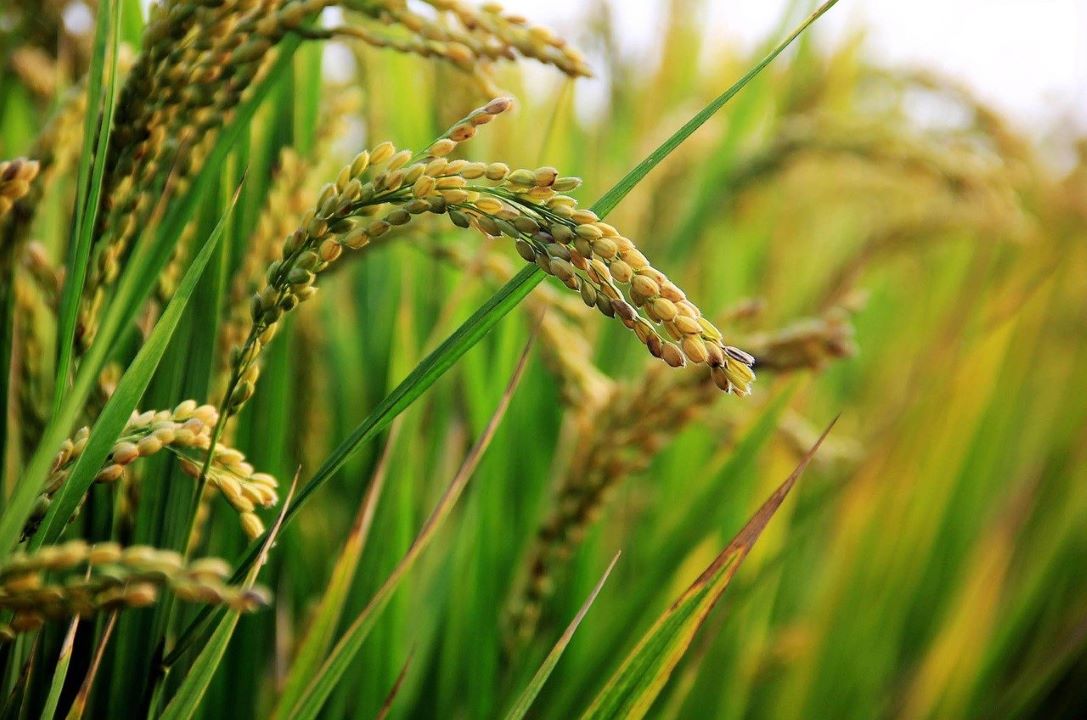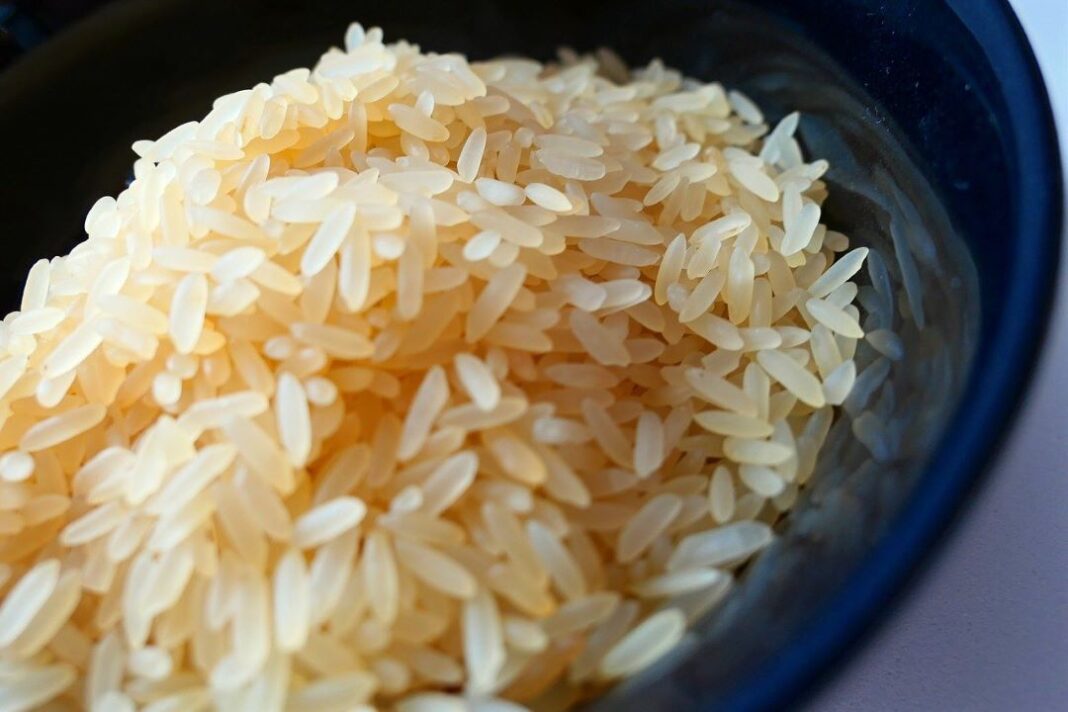The scientists applied one copy of the gene to rice, thereby increasing the crop yield by up to 40 percent. This modification helps the plant absorb more nutrients, improves the ability of photosynthesis, and accelerates flowering. The authors of the research described the process in the scientific journal Science.
Rice Genetic Modification
Increasing the potential of any agricultural plant is usually very difficult because a considerable number of genes influence the yield. In recent years, their interest has shifted to genes that control other genes – thus influencing multiple aspects of plant growth, such as the uptake of nutrients from the soil, setting the rate of photosynthesis, or controlling nutrient sources from leaves to seeds.

The researchers found 13 genes activated when rice plants were grown in nitrogen-poor soil. Five genes resulted in a fourfold or more significant increase in nitrogen uptake. They inserted an extra copy of one of these genes into a rice variety called Nipponbare used for research. It turned out that the plants without the gene grew worse than the controlled untreated plants. At the same time, plants with an extra gene copy grew much faster and had longer roots than normal seedlings.
Change Brings Returns
One of the reasons for the higher harvest was good nutrition. Plants with extra gene copies received more nitrogen and were better equipped for photosynthesis. The improved test rice was planted in three locations in China with climates ranging from temperate to tropical. It provided higher returns for two to three years.

In the last phase of the research, the geneticists also tested this method on a common type of high-yielding rice, which Chinese farmers often use. The researchers said the modified rice plants produced up to forty percent more grains than the typical plants.
This approach could be tried in other crops; the new study already reports preliminary results for wheat. Modifying one such regulatory gene in maize brings about ten percent higher yields. At the same time, classical breeding cannot achieve even a tenth of an improvement.
Source: science.org/doi/10.1126/science.abi8455
Featured image by günter from Pixabay















